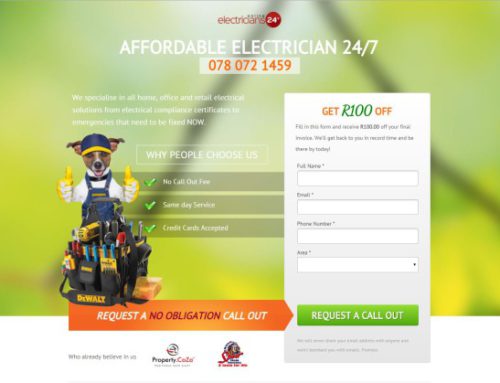When your customers Google your industry, what are they typing in to find you? If you fail to check this on a regular basis, you run the risk of losing touch with your clients. It may sound like something rather simple, but keeping track of which phrases pertinent to your industry are trending is one of the most important SEO exercises you can do!
What are long-tail keywords?
The short answer – long tail keywords are long keyword phrases that contain a varying collection of words. Taking a bakery as an example, let’s see if we can define what a long-tail keyword is—as opposed to a regular keyword.
Regular keywords: bakery | bread | muffins
Long-tail keywords: closest bakery to JHB stadium | where to buy the best muffins in Cape Town
Long-tail keywords contain 4 or more words, whereas regular ones only contain a mere 1 to 3. But why are long-tail keywords better than regular ones? Let’s take a closer look:
Less competition on specifics
If you were to analyze the keyword sets for any given industry, you would notice a counter which tells you how competitive each keyword is. The other thing you are sure to notice is that the more generic a keyword or key phrase is, the more companies—and even other industries—are using it to define their website.
What does this mean for you as a business owner? It’s a hopeless battle competing with the same keywords all of your competitors are using. Why not use more specific terms to define your industry?
Your customers are talking to you through search
Gone are the days when people searched like robots. Nowadays, people actually talk to their search engines! Another reason to start transitioning over to long-tail keywords is because Google is starting to understand the way we communicate.
Years ago, you may have searched for a Bakery like this: Bakery closest JHB stadium
But now, people are way more likely to ask Google directly: Where is the closest Bakery to JHB stadium?
This steady evolution of Google’s search capabilities is changing the way we optimize our websites!
Saving on your AdWords campaign
Imagine the huge amount of savings this type of strategy will win you. You won’t be wasting your AdWords budget on keywords that aren’t bringing in sale conversions. Customers who are specifically looking for what you do, will now be directed to your site with a much lower chance of backtracking.






Leave A Comment
You must be logged in to post a comment.